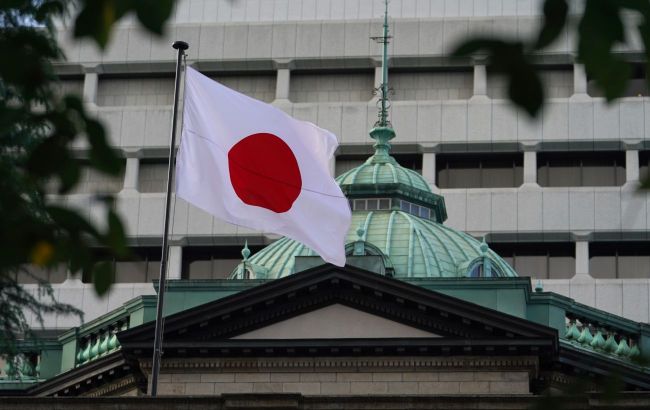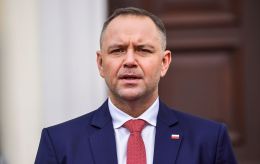Russia blocks entry for 30 Japanese citizens amid sanctions row
 Japanese flag (Illustrative photo: Getty Images)
Japanese flag (Illustrative photo: Getty Images)
Japan has called Russia's decision to ban entry to 30 more of its citizens following sanctions against Moscow "absolutely unacceptable," Reuters reports.
The Russian Ministry of Foreign Affairs announced on Tuesday, November 11, an indefinite entry ban for an additional 30 Japanese citizens. This move was Moscow's response to Japan's sanctions imposed over Russia's nearly four-year war in Ukraine.
Among those targeted by the ban are the spokesperson for Japan's Ministry of Foreign Affairs, Toshihiro Kitamura, as well as academics: Associate Professor Yu Koizumi of the University of Tokyo, Professor Akihiro Iwashita of Hokkaido University, Professor Yoko Hirose of Keio University, and Visiting Professor Kenro Nagoshi of Takushoku University.
In addition, the new targets include media representatives, such as senior journalists from leading national outlets, including the business daily Nikkei, as well as former correspondents in Moscow.
The list also includes Takashi Hirano, editor of the Ukrainian national news agency Ukrinform.
This is the first decision by Russia to ban entry to Japanese citizens since Sanae Takaichi became Japan's prime minister last month. A similar measure was taken by Moscow in March of this year.
Japan's Chief Cabinet Secretary Minoru Kihara condemned Russia's "regrettable" actions and emphasized that people-to-people exchanges between the two countries remain important. He said the Kremlin is trying to shift blame for its invasion of Ukraine onto others.
Japan continues to buy oil and gas from Russia
At the same time, despite political tensions, Japan continues to import energy resources from Russia's Far Eastern island of Sakhalin. This comes despite calls from the United States for its allies to sever economic ties as a means of pressure on Moscow.
Earlier, Tokyo imposed additional sanctions on Russian companies, individuals, and organizations, while easing restrictions on imports of Russian seaborne crude oil.

